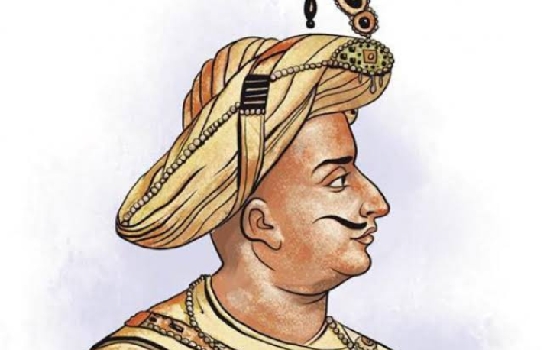Ahmedabad, Nov 19: A couple has petitioned the Gujarat High Court on Monday for help to get back two daughters who they allege have been illegally confined at an ashram run by controversial self-styled godman Swami Nithyananda.
Petitioners Janardana Sharma and his wife told the court on Monday that they had admitted their four daughters, from 7 to 15 years of age, to an educational institution run by Swami Nithyananda in Bengaluru in 2013.
When they learnt that their daughters were this year shifted to another branch of Nithyananda Dhyanpeetham, named Yogini Sarvagyapeetham, situated on the premises of Delhi Public School in Ahmedabad, they tried to meet them.
However, officials of the institute refused to let them meet their daughters, the petitioners alleged.
With help from the police, the Sharmas visited the institute and managed to bring back their two minor daughters, but their elder daughters, Lopamudra Janardhana Sharma (21) and Nandhita (18), refused to accompany them, according to the petition.
They alleged their two younger daughters were kidnapped and kept in illegal confinement for more than two weeks and were deprived of sleep. The parents said they have filed an FIR. against the authorities in this connection.
In the plea, the Sharmas have asked the court to sought the court's direction direct the police as well the institute's authorities to produce their daughters, who they alleged are being kept under "illegal confinement", before the court and and hand them over.
The couple has also asked for an investigation into other minors kept at the institute.
In June last year, a Karnataka court had framed charges against Nithyananda in a rape case.






Comments
Add new comment